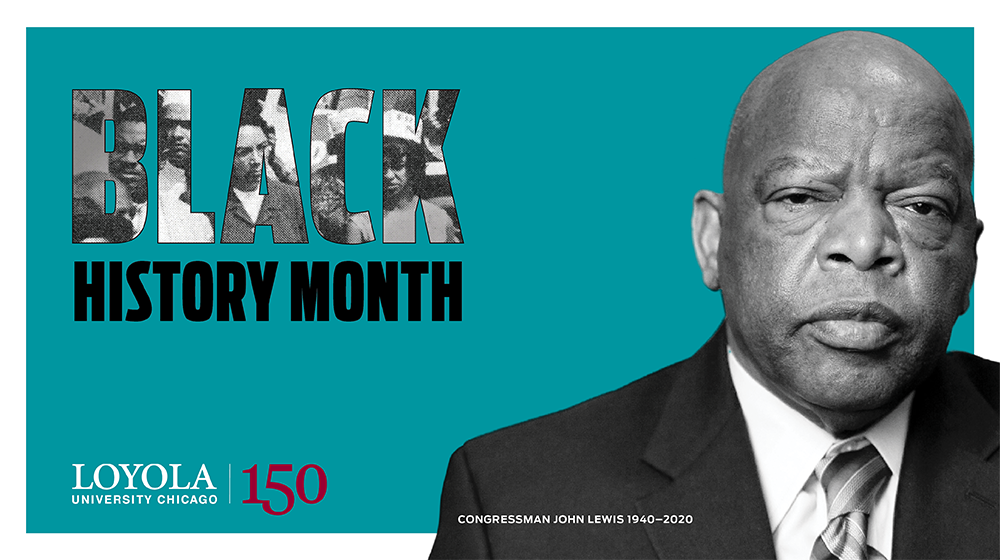Love and Power: A Community Power Building Case
Description
Dr. Hatchett's bio:
Dr. Lena Hatchett is a Senior Fellow with We in the World, a diverse team of change agents who are passionate about igniting transformation for well-being and equity in the world. She brings the voice of people with lived experience of inequity to the design process of the Racial Justice Community 2021.
Dr. Springfield’s bio:
As a nutritionist, Springfield’s research interests focus on the social, behavioral, and structural determinants of dietary behaviors in African American women and developing community-based interventions to promote health equity. Her most recent work examines relationships between psychological resilience, diet quality, and cardiovascular disease-related outcomes.
Abstract:
Proviso Partners for Health (PP4H) is a community-led coalition to advance action of racial and economic equity in the food system. Over the last six years, PP4H received funding from multi-sector organizations, including Trinity Health System and Robert Wood Johnson, to implement policy, systems, and environmental (PSE) change initiatives. The long-term sustainability of these efforts beyond the funding period is vital and requires an in-depth inquiry into the effectiveness of community power building strategies. Pastor, Ito, and Wander, 2020, define community power building as the ability of communities most impacted by structural inequity to develop, sustain and grow an organized base of people who act together through democratic structures to set agendas, shift public discourse, influence decision-makers, and cultivate ongoing relationships of mutual accountability with them to change systems and advance health equity.
Multi-sector partners collaboratively designed and conducted a practice-based, action-driven evaluation to answer two questions: 1) What factors facilitate the sustainability of a food justice movement? 2) How can community residents sustain efforts? We used a case study approach that included semi-structured interviews, documentary data and field notes, observations, and quantitative data.
Results found five community power building strategies to catalyzing PSE change in the food system 1) transparency and accountability, 2) shared leadership and power, 3) community voice, 4) leveraged assets, and 5) community love. Conclusion revealed that power-building with people with lived experience of inequity to leverage their individual and collective assets advanced action in the food system. In doing so, PP4H has aligned its work with a more health-equity-oriented vision.
Creative Commons License

This work is licensed under a Creative Commons Attribution-Noncommercial-No Derivative Works 3.0 License.
Love and Power: A Community Power Building Case
Dr. Hatchett's bio:
Dr. Lena Hatchett is a Senior Fellow with We in the World, a diverse team of change agents who are passionate about igniting transformation for well-being and equity in the world. She brings the voice of people with lived experience of inequity to the design process of the Racial Justice Community 2021.
Dr. Springfield’s bio:
As a nutritionist, Springfield’s research interests focus on the social, behavioral, and structural determinants of dietary behaviors in African American women and developing community-based interventions to promote health equity. Her most recent work examines relationships between psychological resilience, diet quality, and cardiovascular disease-related outcomes.
Abstract:
Proviso Partners for Health (PP4H) is a community-led coalition to advance action of racial and economic equity in the food system. Over the last six years, PP4H received funding from multi-sector organizations, including Trinity Health System and Robert Wood Johnson, to implement policy, systems, and environmental (PSE) change initiatives. The long-term sustainability of these efforts beyond the funding period is vital and requires an in-depth inquiry into the effectiveness of community power building strategies. Pastor, Ito, and Wander, 2020, define community power building as the ability of communities most impacted by structural inequity to develop, sustain and grow an organized base of people who act together through democratic structures to set agendas, shift public discourse, influence decision-makers, and cultivate ongoing relationships of mutual accountability with them to change systems and advance health equity.
Multi-sector partners collaboratively designed and conducted a practice-based, action-driven evaluation to answer two questions: 1) What factors facilitate the sustainability of a food justice movement? 2) How can community residents sustain efforts? We used a case study approach that included semi-structured interviews, documentary data and field notes, observations, and quantitative data.
Results found five community power building strategies to catalyzing PSE change in the food system 1) transparency and accountability, 2) shared leadership and power, 3) community voice, 4) leveraged assets, and 5) community love. Conclusion revealed that power-building with people with lived experience of inequity to leverage their individual and collective assets advanced action in the food system. In doing so, PP4H has aligned its work with a more health-equity-oriented vision.




Comments
Team (weintheworld.org)
Equity | Well-being and Equity in the World (WE in the World)